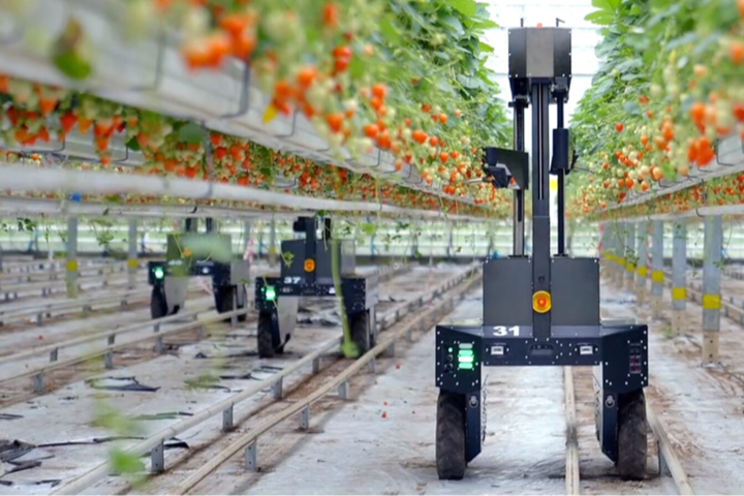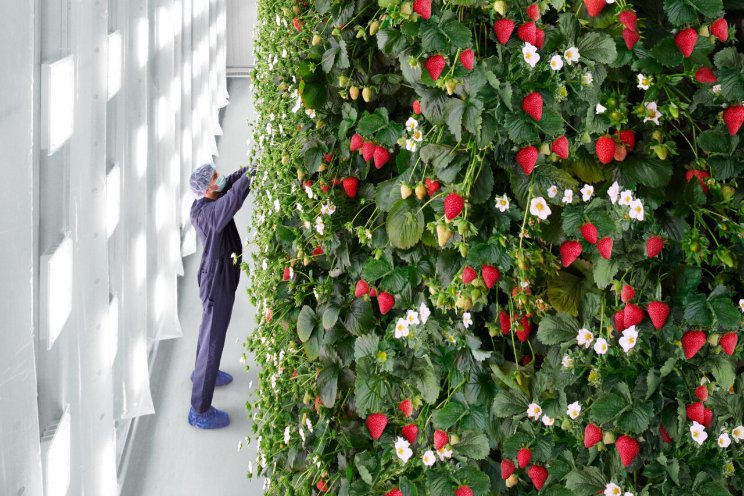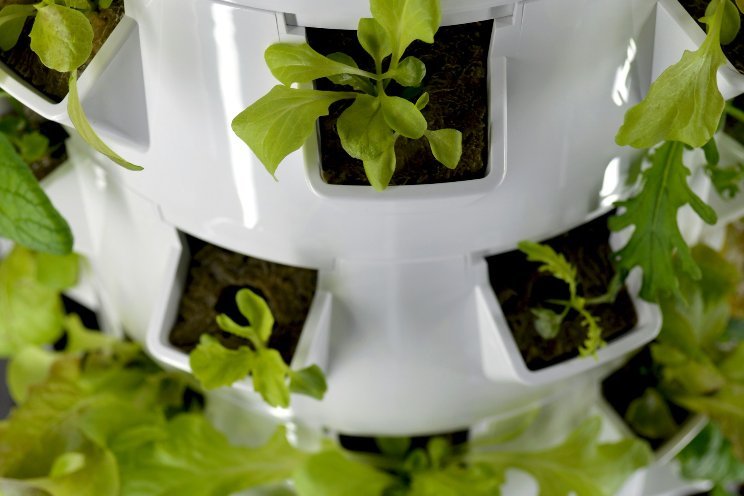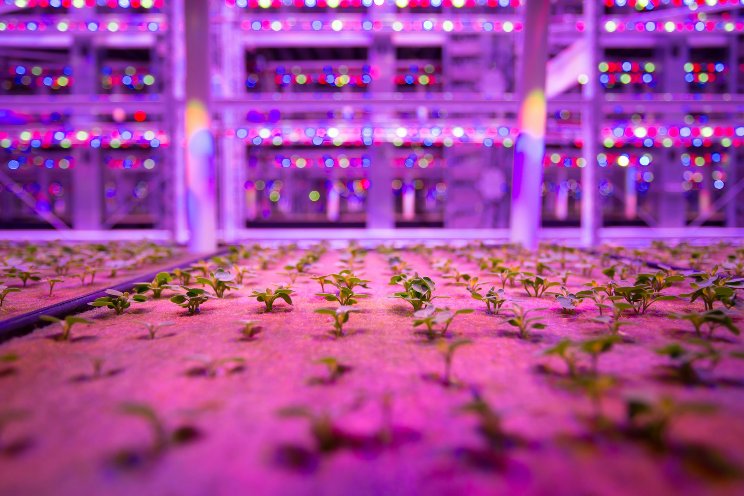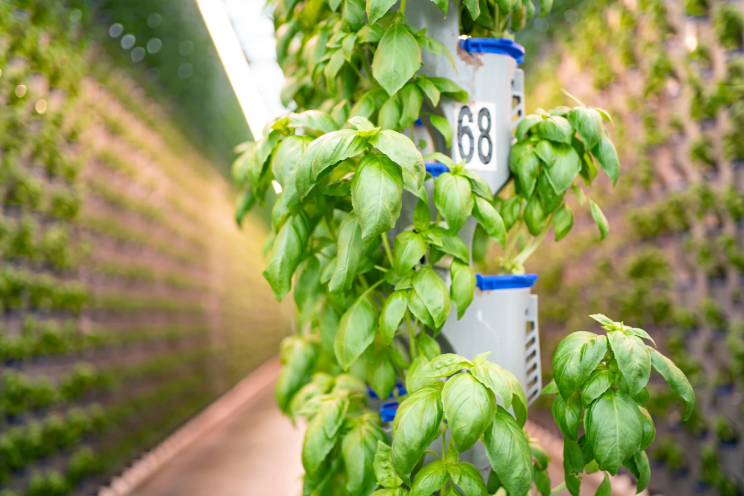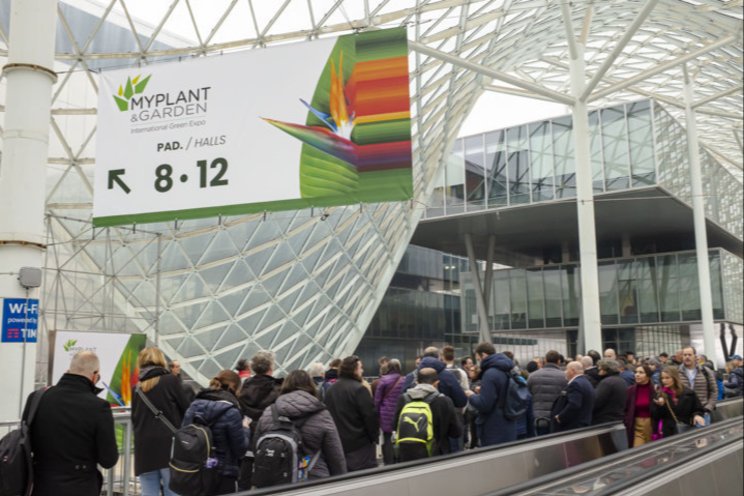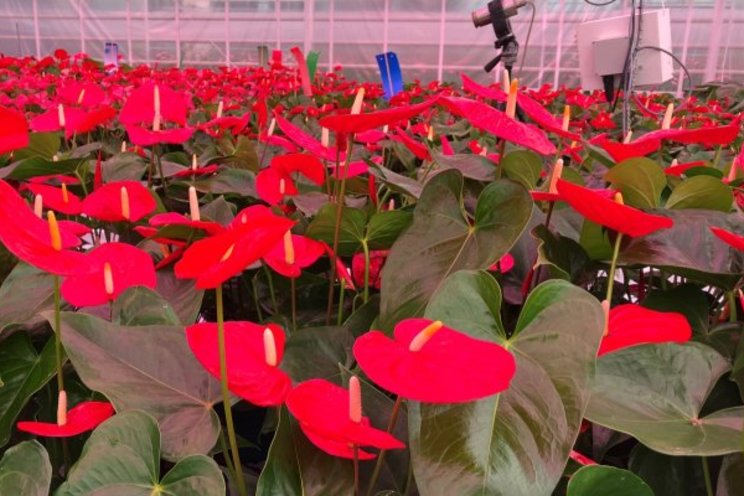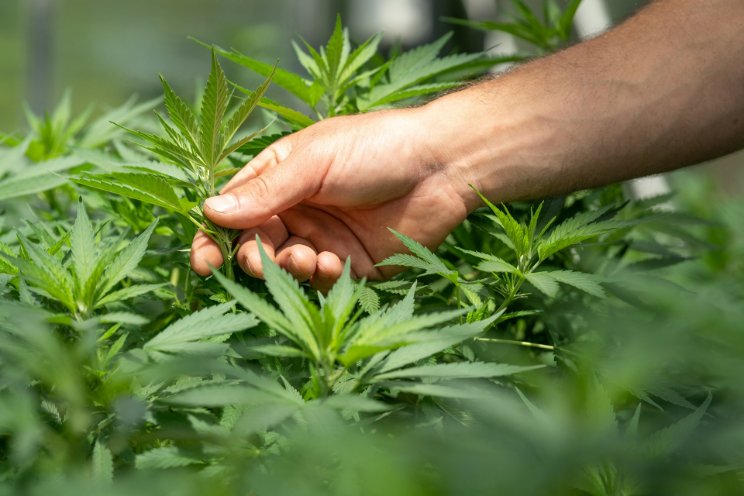Bayer organic vegetable seeds portfolio now active
Added on 17 April 2022
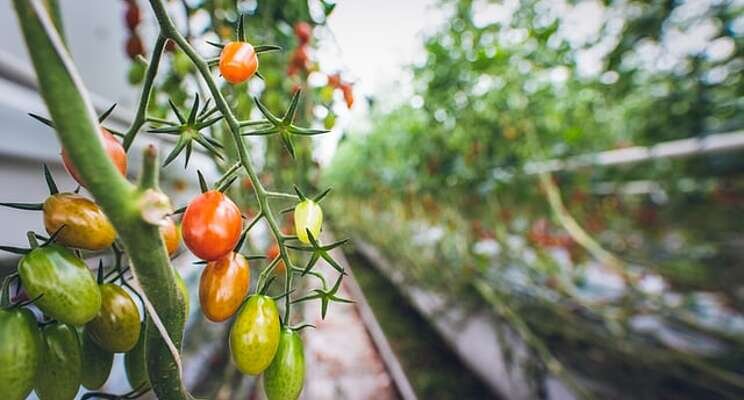
In September 2021, Bayer announced its plans to launch its organic vegetable seeds portfolio to increase growers' access to certified organic markets. As Dannenberg explains, Bayer is now launching its organic seed program beginning with tomato, sweet pepper, and cucumber production in greenhouse and high-tech glasshouse environments in North America, Mexico, Spain, and Italy with potential for future expansion. As Dannenberg explains, the European organic certification process does not allow substrate-based production to be certified organic whereas North America is generally more flexible.
"With our organic program, we want to make sure that we can provide our genetics to a variety of growers. We want to understand the demand and make sure that we are pacing correctly with what the market is asking for," says Dannenberg.
"Vegetables by Bayer" - bringing De Ruiter and Seminis legacies together
Bayer's organic seed varieties will be sold under the Seminis and De Ruiter vegetable seed brands, both of each were brought under Bayer's name followed the company's acquisition of Monsanto Co. in 2018. Together, Seminis and De Ruiter are the cornerstones of "Vegetables by Bayer" and encompass more than simply seeds - the brand also encompasses digital tools, tailored solutions, and so on.
"As we came together as a new organization in 2018, we had the opportunity to look at what we stand for. Fruit and vegetables are a strategic pillar for Bayer that ties closely to our mission of advancing health and nutrition by ensuring access to the vegetables that people want to eat," Dannenberg notes.
Macrotrends and near-term shocks in produce
Like a kite in the wind, the produce sector has had to contend with various shocks in both the near and long term. Pandemic-related shocks should come as no surprise, as lockdowns forced a shift towards retail markets. Adding further pressure was consumers' demand for products that are high quality, locally produced, snackable and have a long shelf-life. Such demand was already increasing pre-pandemic and has only increased over the past two years,
"We are always striving for health for all, hunger for none. We are seeing an increased interest in health and nutrition, so designing products that align with that is our target for innovation," explains Dannenberg.
Photo by Markus Spiske on Unsplash
Source: Ag News
More news
